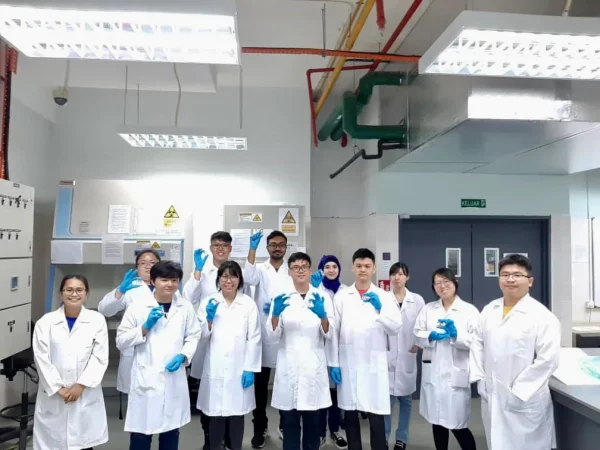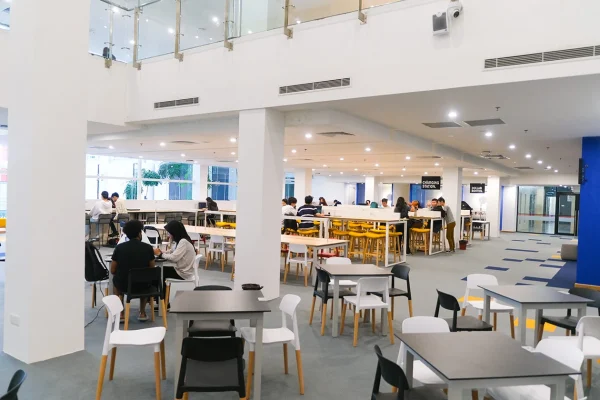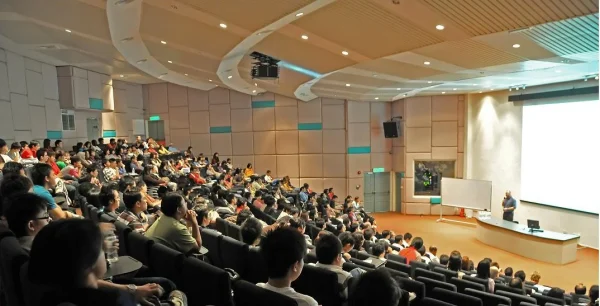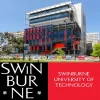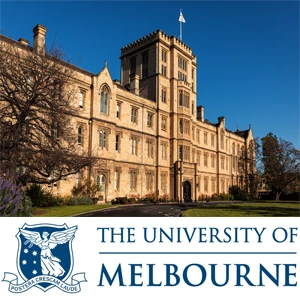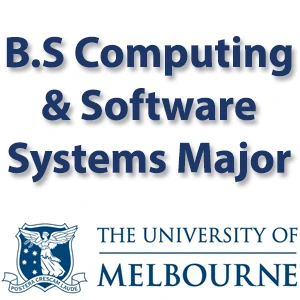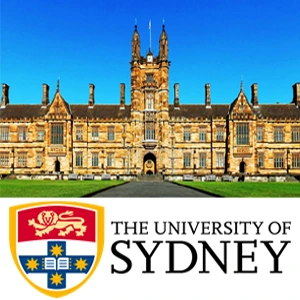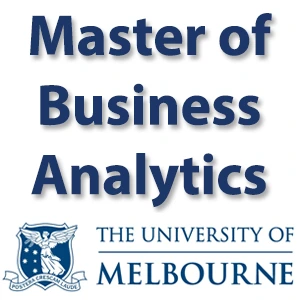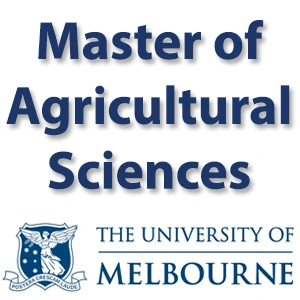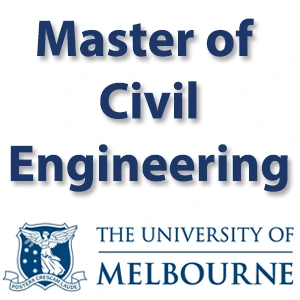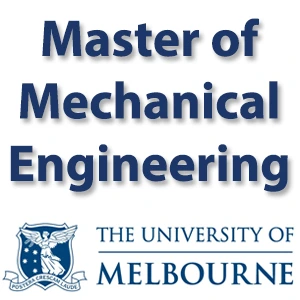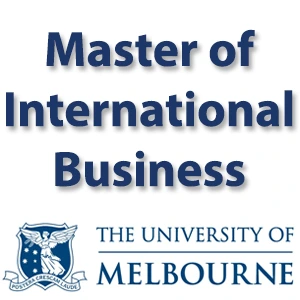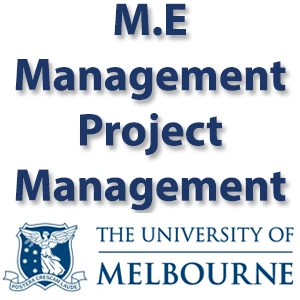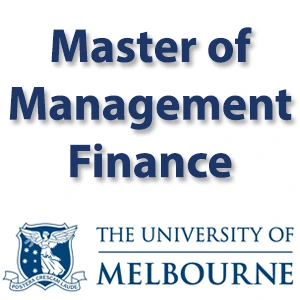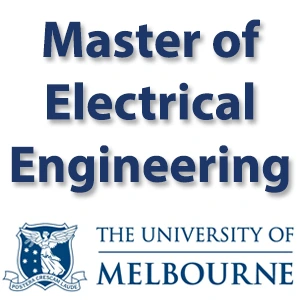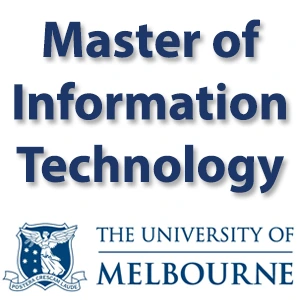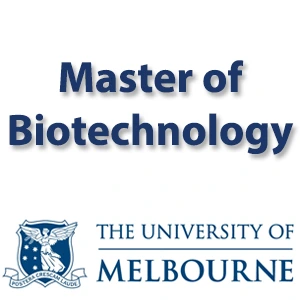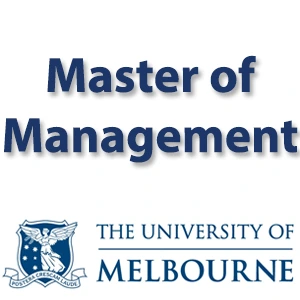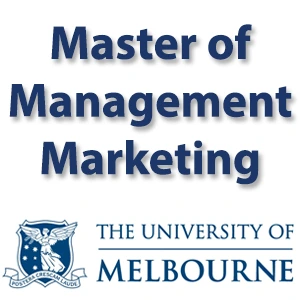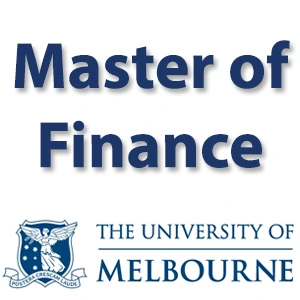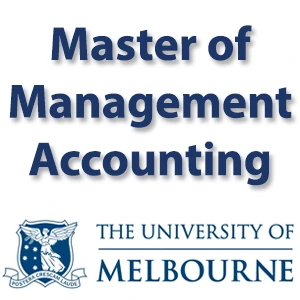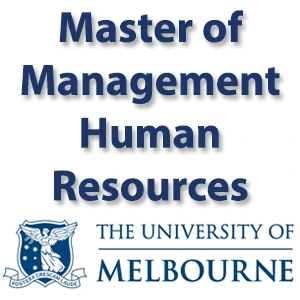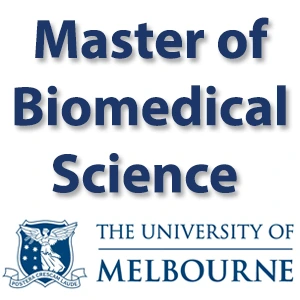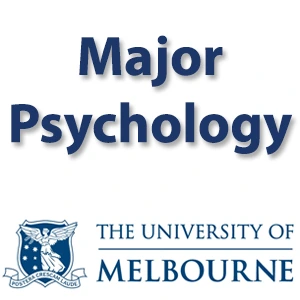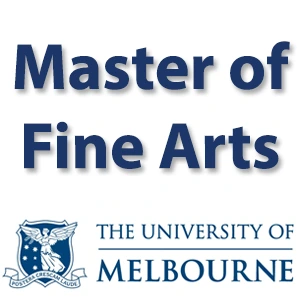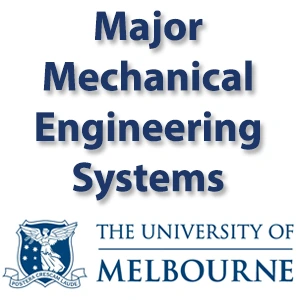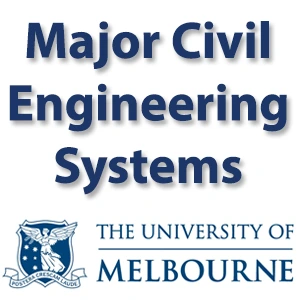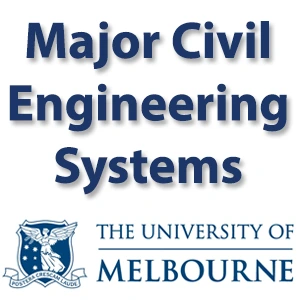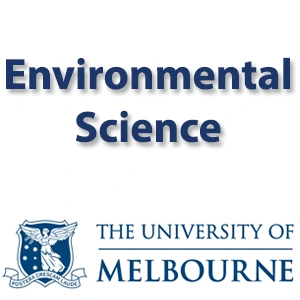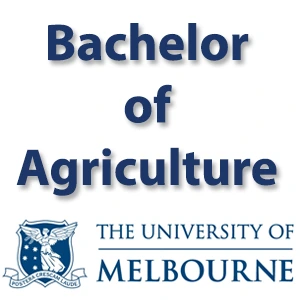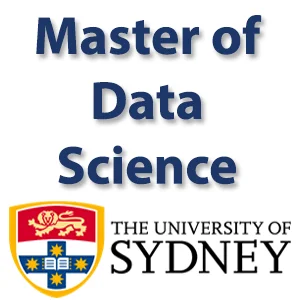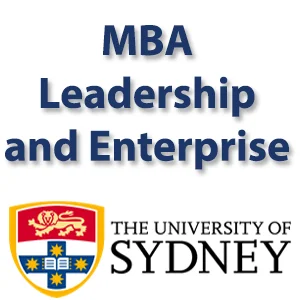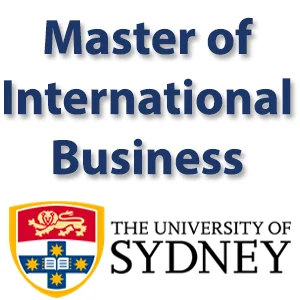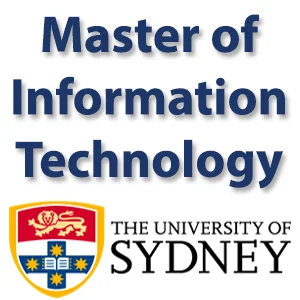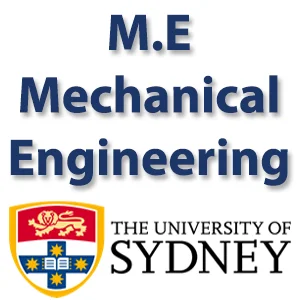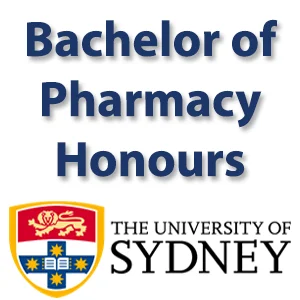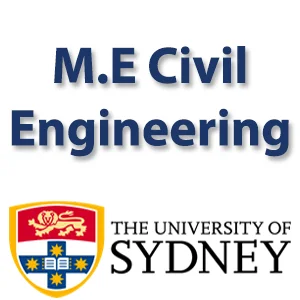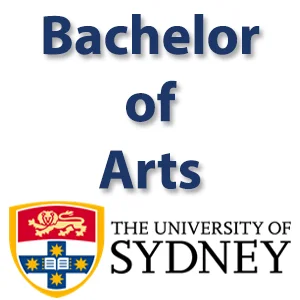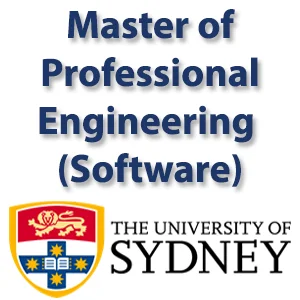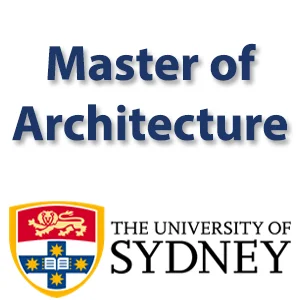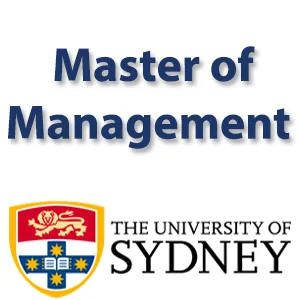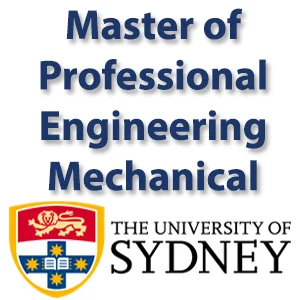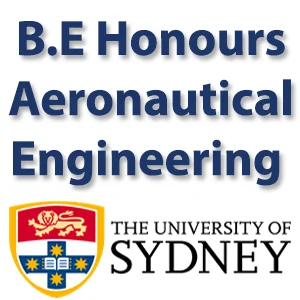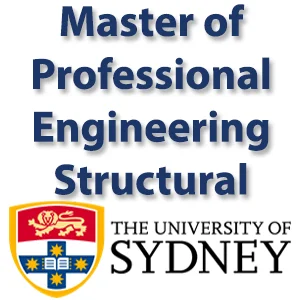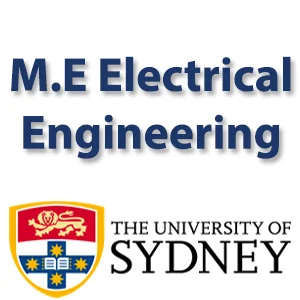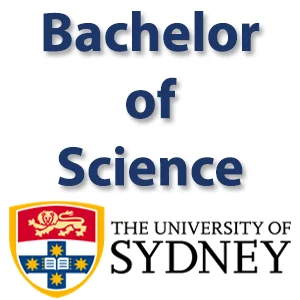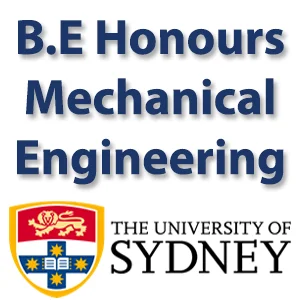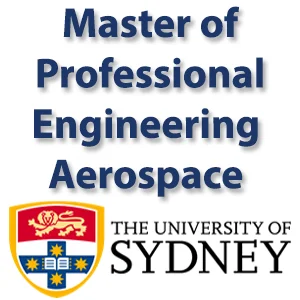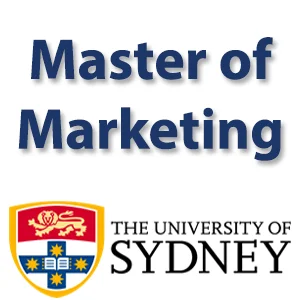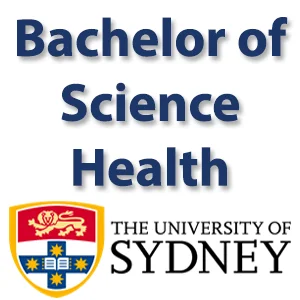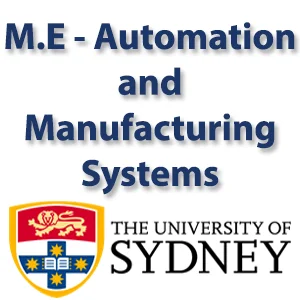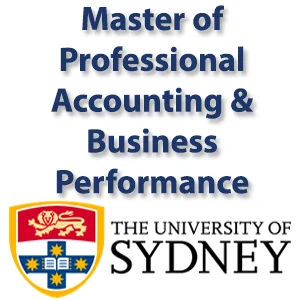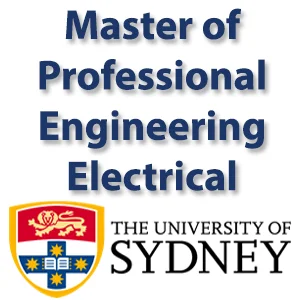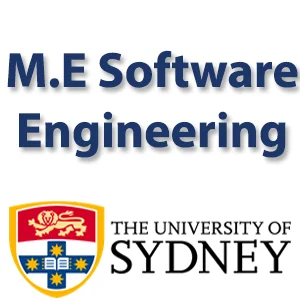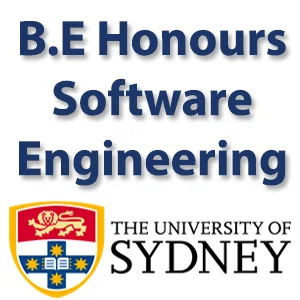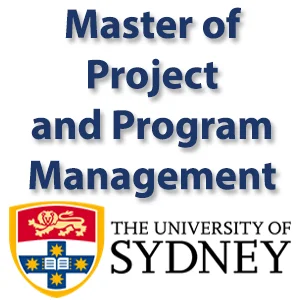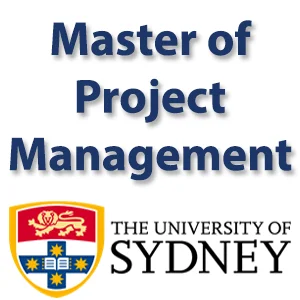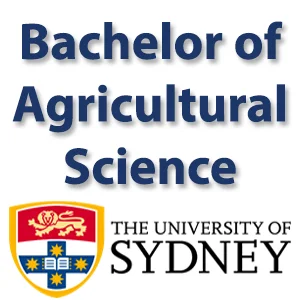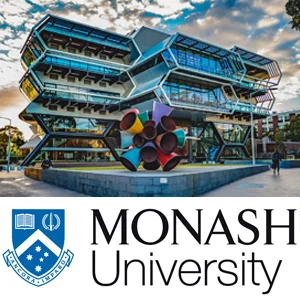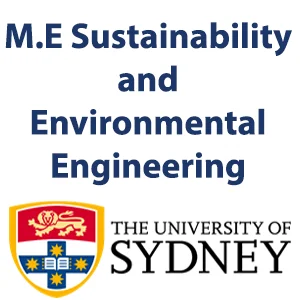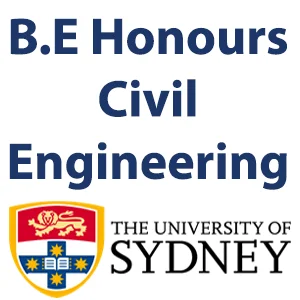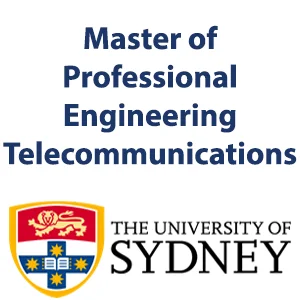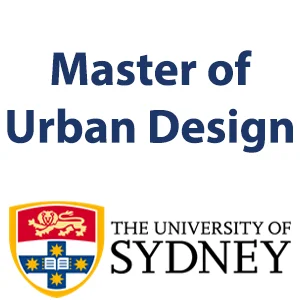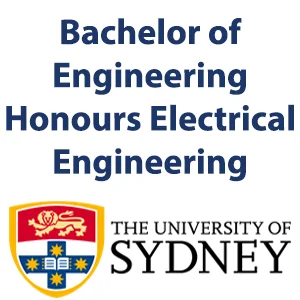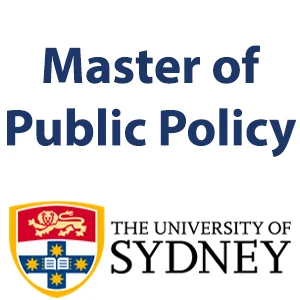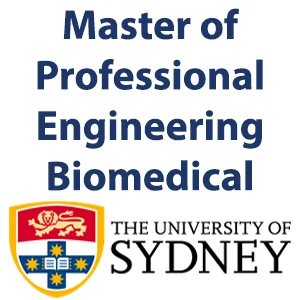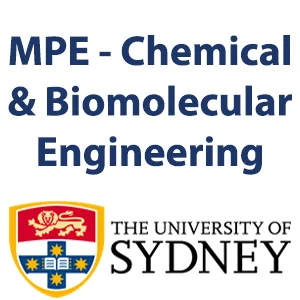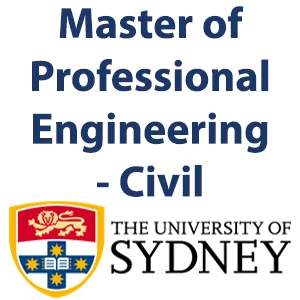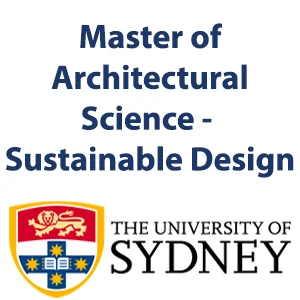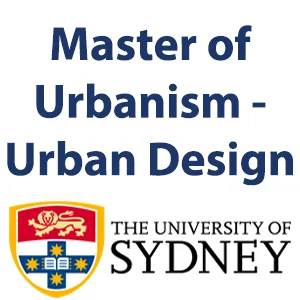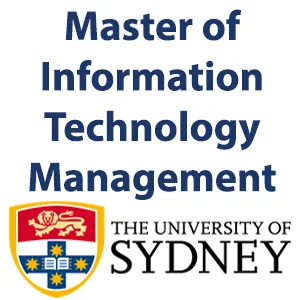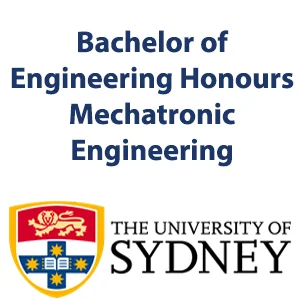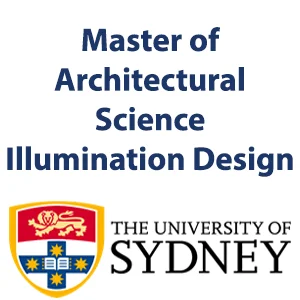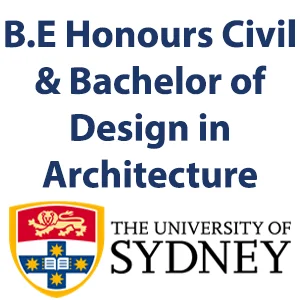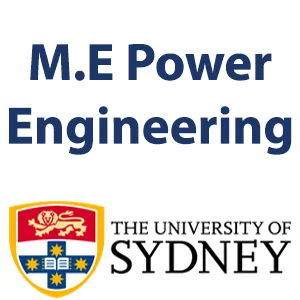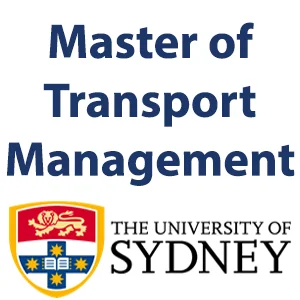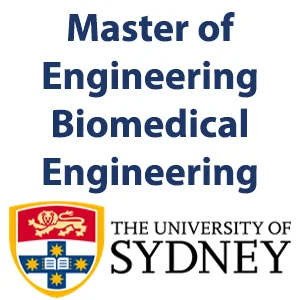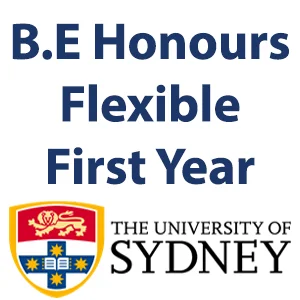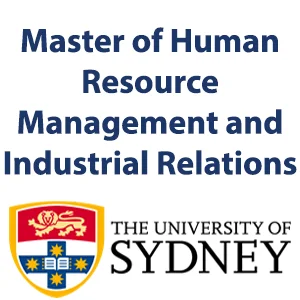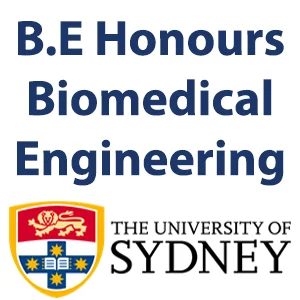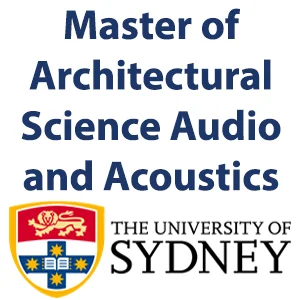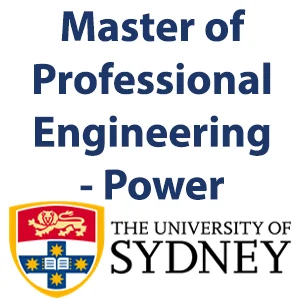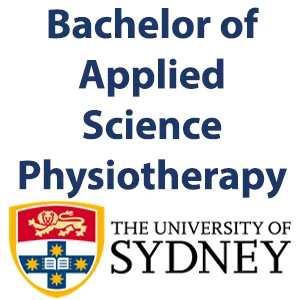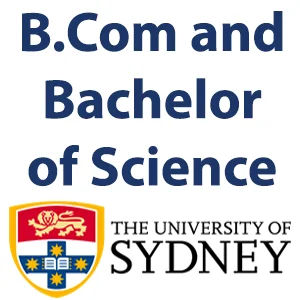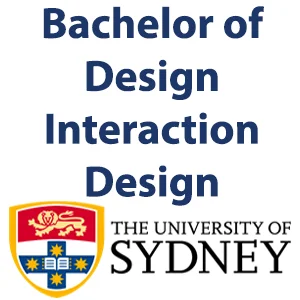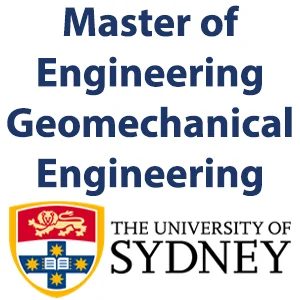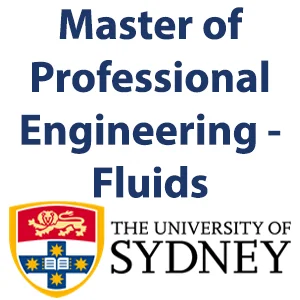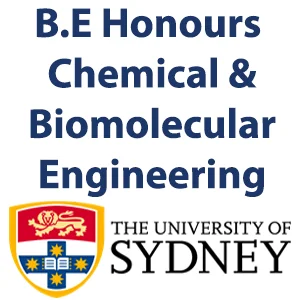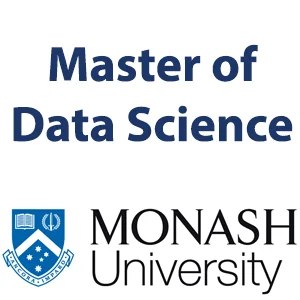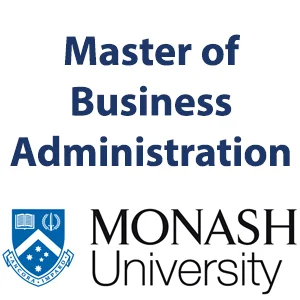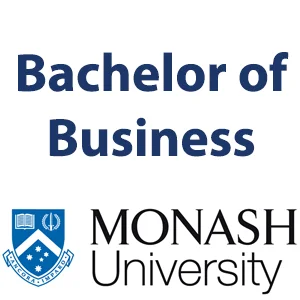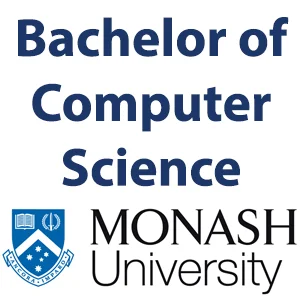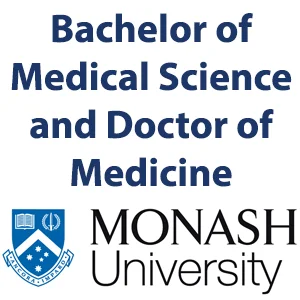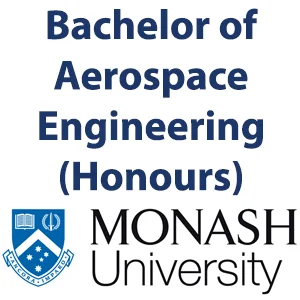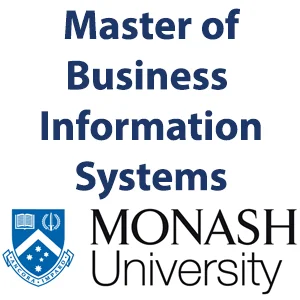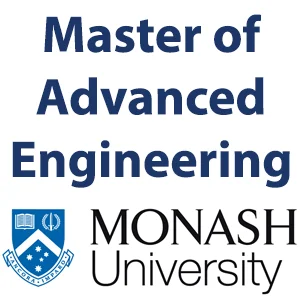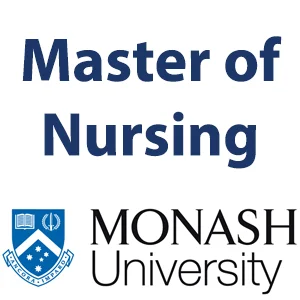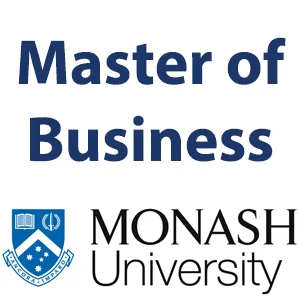Welcome to Swinburne
Are you an international student considering studying at Swinburne? You’ve come to the right place! We have thousands of international students from all over the globe studying with us.
Find important information about applying to Swinburne, what you’ll need to move to Australia and where help is available, and finally, starting your new life in Melbourne as a Swinburne student.
Considering studying at Swinburne?
At Swinburne, our courses are designed with your future in mind. Explore our variety of courses, find out about course fees and scholarships available for international students, learn about Swinburne’s Work Integrated Learning program and take a virtual tour of our Hawthorn campus to help with your decision.
About
Swinburne is a world-ranked university leading the way in innovation, industry engagement and social inclusion. Our education, high-quality research and industry partnerships create positive change for students, staff and the community.
Over 110 years ago Swinburne opened its doors with a driving focus in mind: to offer education to a section of society otherwise denied further education. Today, we continue our commitment to provide and transform education through strong industry engagement, social inclusion, a desire to innovate and, above all, a determination to create positive change.
We have an international reputation for quality research that connects science and technology with business and the community. Our standing in prestigious world academic rankings reflects our commitment to high-quality teaching, research and graduate outcomes. No matter who our students are or how they want to drive their future — we will help them fulfil their goals in a connected world.
Our strategy
Embracing sustainability, cross-cultural partnerships, equal opportunity and future-ready learners, our strategic direction underpins everything we strive to achieve as a world-class university. Find out more about all of our strategies and initiatives that are integral parts of the Swinburne story.
Our university
Swinburne is a large and culturally diverse organisation with a desire to innovate and bring about positive change. As a result, our institution is growing and evolving each year.
Swinburne University of Technology is a world-class university creating social and economic impacts through science, technology and innovation. Founded in 1908 by the Honourable George and Ethel Swinburne as the ‘Eastern Suburbs Technical College’, Swinburne has continued to evolve, gaining university status in 1992.
Swinburne has three campuses located in the eastern suburbs of Melbourne — at Hawthorn, Croydon and Wantirna — offering tertiary education for higher education as well as Pathways and Vocational Education Training (VET). We also have a fourth campus in Sarawak, Malaysia.
We also offer a range of qualifications online through Swinburne Online and Open Universities Australia. In 2019, we unveiled a new location in Vietnam, each offering a small suite of sought-after Swinburne courses, and also opened an office in Nanjing, China — further connecting us to some of the fast-growing regions in the world.
As a dual-sector university, Swinburne offers higher education and Pathways and Vocational Education (PAVE). We offer courses in a broad range of disciplines and our close ties with industry provide students with opportunities for valuable workplace experiences during their studies.
Swinburne researchers have a reputation for high-quality research with particular strengths in astronomy, physics, engineering, materials science, computer science and information technology, design and innovation, health sciences, neurosciences and mental health. Underpinned by leading digital technology platforms, our researchers are collaborating with industry through embedded partnerships to drive innovation and create impact.
Our structure
Understand the structure of our organisation and learn how different parts of our university work together towards common goals.
More than 100 years ago Swinburne opened its doors with a simple premise in mind: to provide education to a section of society otherwise denied further education. Over a century later, we continue to persevere in our commitment to not only provide but transform education, through strong industry engagement, social inclusion, a desire to innovate and above all, a determination to create positive change. To fully realise our vision we are building our capability and investing in our people, processes and systems.
Leadership
Vice-Chancellor and President of Swinburne
Professor Pascale Quester guides Swinburne’s vision to be a world-class university creating social and economic impact through science, technology and innovation.
Executive team
Meet our executive team and Pro-Vice Chancellors and discover their expertise in education and their fields of specialisation.
Council
The Council is responsible for the affairs of the university, overseeing statutes and regulations, finances, management and policy frameworks.
Academic Senate
The Academic Senate provides up-to-date advice to Council on the conduct and content of all programs and courses.
Chancellor
Professor John Pollaers OAM was appointed Chancellor of Swinburne University of Technology in February 2019.
Rankings and ratings
Swinburne has an international reputation for quality research that connects science and technology with business and the community. Our standing in prestigious world academic ranking lists reflects our commitment to high-quality teaching, research and graduate outcomes. But we are much more than our rank.
Our values
Our people will be driven by a shared sense of purpose, to create tomorrow’s technology and the human capital and talent required for a digital, tech rich future.
Swinburne’s values
One Swinburne
We work together, bringing our unique skills to achieve our common purpose and strategy. We draw on our rich and diverse experience and backgrounds to support our success.
Engaged
We strive to be the most industry-engaged university, to amplify our impact and support all students and be future-ready through our broader external engagement in Australia and globally.
Accountable
We are accountable for our contributions to Swinburne’s success and sustainability, for the ways we work together, and for the outcomes that we deliver for students, partners and society.
Future-focused
We commit to taking bold strides – ‘moon shots’ – and are constantly innovating, disrupting, renewing and changing to create tomorrow’s technology and talent today.
Empowered
We are trusted, and expected, to act and make decisions commensurate with our roles and skills, and to drive continuous improvement, to deliver our common goals.
Swinburne’s commitment
We choose to build Swinburne as the prototype of a new and different university – one that is truly of technology, of innovation and of entrepreneurship, and proud of it. A university that unwaveringly supports seamless education pathways between all forms of school and post-secondary education; tertiary or vocational.
Our commitment to knowledge is driven by our research and focus on making a real-world impact, transforming our global and local communities. As a trusted and respected world-class leader in research excellence, we are determined to make a real difference to the communities we serve.
More about Swinburne
Swinburne locations
Our campuses in Hawthorn, Croydon and Wantirna as well as Sarawak, Malaysia feature state-of-the-art facilities and unique learning environments. Find out more about navigating our campuses and discover what they have to offer.
Policies and regulations
Find everything related to Swinburne’s policies and regulations as well as further resources for staff and students.
Our history
For over a century Swinburne has committed to innovative education, strong industry engagement and social inclusion.
In 1908, the Honourable George and Ethel Swinburne founded Swinburne (then known as the Eastern Suburbs Technical College) with a simple premise in mind: to provide technical education to a sector of society otherwise denied further education. The first students enrolled in classes including woodwork, science and mathematics. In 1963, Swinburne led the way with one of the first industry-based learning programs and from the 1970s offered degrees in engineering, accounting, chemistry and arts. On 1 July 1992, by an Act of the Victorian Parliament, Swinburne gained university status.
Throughout our history, we have demonstrated our ability to be innovative and responsive to change. We continue to focus on emerging technologies, industry engagement and flexible learning options. We ensure we adapt and evolve with the times and deliver relevant education for our students — today and tomorrow.
George and Ethel Swinburne
Our founders, George and Ethel Swinburne, were people of strong ideals. They arrived in Australia as migrants in 1886 and George quickly established himself as a businessman and civic leader. In 1908, they established the Eastern Suburbs Technical College in Hawthorn, which later became Swinburne Technical College. Students studied a range of subjects that represented the interests of the time, such as carpentry, plumbing and gas fitting.
Q. What is the difference between academic credit and RPL?
A. Academic credit is awarded based on prior qualifications and studies, whereas, RPL is awarded based on relevant work or professional experience.
Q. Can I receive RPL if I enter a course based on work experience?
A. If you are enrolled in a Swinburne Online course on the basis of work experience, unfortunately, you cannot also receive academic credit via RPL.
Q. Is there a limit to the amount of advanced standing I can receive?
A. It’s important to note that there is a limit to the amount of academic credits you can receive through advanced standing:
- Postgraduate courses: Academic credit granted through advanced standing can account for a maximum of 50% of your chosen online course.
- Undergraduate courses: Students must complete at least 33% of their studies for an award qualification, meaning the maximum credit received via advanced standing is approximately two-thirds of the course.
Q. What are the top 5 good customer service skills?
A. The top 5 customer service skills are problem solving, conflict resolution, multitasking, effective communication with customers and teammates, and active listening.
Q. How to demonstrate customer service skills?
A. Demonstrate customer service skills on your resume by creating a dedicated section, listing skills like problem solving, conflict resolution, multitasking, effective communication, and active listening, and quantifying achievements if possible.
Q. How to describe customer service skills?
A. In a job interview, describe your customer service skills by providing concrete examples of situations where you applied skills like problem solving, conflict resolution, and effective communication to ensure customer satisfaction. Prepare specific achievements to share during the interview.
Q. What are customer service skills?
A. Customer service skills include problem solving, conflict resolution, multi-tasking, effective communication with customers and colleagues, active listening, and emotional intelligence.
Q. How can I transition out of a customer service job?
A. To transition out of a customer service job, identify your desired career path, gain relevant skills or qualifications, update your resume to highlight transferable skills, and network with professionals in your target field.
Q. What are transferable skills in customer service?
A. Transferable skills from customer service include technical skills, sales skills, specialised subject knowledge, emotional intelligence, and effective communication skills.
Q. What can you do after working in customer service?
A. After working in customer service, you can pursue careers in retail, sales and marketing, management, visual merchandising, e-commerce, human resources, logistics, events management, hotel management, and travel and tourism. Also, education and training, customer experience management, account management, quality assurance and training, social media management, or market research.
Q. How do I pivot into business from customer service?
A. To transition into business from customer service, consider studying a relevant degree, building a network, and gaining experience in areas like sales, marketing, management, or entrepreneurship.
Q. What should I do after customer service?
A. After a career in customer service, you can explore various paths in retail, food services, become a customer service representative, or pivot into IT roles like technical support.
Q. What is the career path for customer service agents?
A. The career path for customer service agents can lead to roles in customer experience management, account management, quality assurance and training, social media management, and market research.
Q. What is the most likely career for a customer support professional?
A. Customer support professionals can transition into roles such as customer experience management, account management, quality assurance and training, social media management, and even market research.
Q. What is the most common mistake when choosing a career?
A. A common mistake is prioritising short-term gains over long-term fulfilment. Many people choose careers based solely on salary or societal expectations, neglecting their true interests and passions. It’s crucial to align your career choice with your values and aspirations for lasting satisfaction.
Q. What is the difference between management and administration?
A. Management often involves leading and guiding individuals or teams towards achieving organisational goals. Administration, on the other hand, focuses on overseeing day-to-day operations, ensuring efficiency, and implementing strategies to keep the business running smoothly.
Q. What is the difference between business administration and business management?
A. Business administration and business management are related fields, but they have distinct focuses. Business administration often deals with the operational side of running a business, while business management emphasises leadership, decision-making, and people management.
Q. What support can I expect?
A. As a Swinburne Online student, you’ll have support for extended hours, seven days a week, with Student Advisors available to help with anything from tech support to research advice and dedicated online tutors in each of your units. Learn more about your student support.
Q. Is an MBA too advanced for someone who has never studied?
A. Yes, Swinburne Online’s MBA is a postgraduate degree, meaning that previous tertiary study is an entry requirement for the course. If you have not studied at a tertiary level before, you may seek entry into the course via the Graduate Certificate of Business Administration. See the entry requirements for more information.
Q. As I am studying online, can I pursue full-time opportunities throughout my studies?
A. Yes, there are no requisite live or in-person sessions, so you can elect to study anytime, anywhere. If you find the combination of full-time work and full-time study to be too much, you can choose to study part-time.
Q. Do these degrees provide any networking opportunities?
A. When you complete an MBA with Swinburne Online, you will be rewarded with not only a top-tier master’s qualification, but also a valuable network of like-minded business professionals. Forge connections, motivate one another and share opportunities and ideas that you can continue to draw upon long after graduation.
Q. How will Swinburne prepare me for future job opportunities?
A. Your Master of Business Administration will give you the decisive vision and professional agility needed to stand apart from your peers. Gain the advanced skills essential to excelling as a leader in business. Leverage your MBA to grow your business as an entrepreneur, or step up into a senior management position.
Q. With an MBA, does the institution matter?
A. Different universities structure their MBAs in different ways. Swinburne Online’s MBA is highly flexible, meaning that you can tailor the course content to suit your specific interests and career goals.
Q. Will I be charged interest on my HECS-HELP loan?
A. There is no interest charged on a HECS-HELP loans, but your debt will be indexed each year. The indexation adjustment is made by the Australian Taxation Office on 1 June each year and applies to the portion of your debt that has been unpaid for 11 months or more. For more information see Interest and indexation.
Q. Why is Swinburne Online a good study option?
A. The courses we offer have been designed specifically for online consumption. You’ll study in a purpose-built virtual classroom with extended hours of support, allowing you to study whenever you like. With over 10,000 students currently studying with us, you can rest assured that our online study has been tried, tested and approved by many. All you need is an internet connection.
Q. Who can I contact for support during my studies?
A. Your academic and student support teams are here to assist you with different aspects of your studies. Your student support includes a team of knowledgeable Online Learning Advisors (OLAs), mentors, tutors, coaches and course consultants. You will also have Student Advisors available seven days a week to assist with any general queries you may have, including those about your enrolment details, placements, exams and academic performance.
Q. Who can help me put together a study plan for my course?
A. Our Course Consultants are always happy to recommend a study load and specific units for you to start off with based on your needs before you begin your degree with us. Once you are enrolled, you can contact one of our Student Advisors at any time and they can help you set yourself up with a study plan designed to maximise your success.
Q. Who can help me if I am having technological difficulties?
A. When completing your degree, there is a vast amount of technical support at your disposal, both on our website and through our support team. If you can’t find what you need on our Student Portal Technical Support section then get in touch with one of our Student Advisors on 1300 937 765 from Australia, +61 3 9956 0777 for Australian citizens living overseas and 800 8001 1222 for international students. Our support team is here to help, anytime between 8:30AM – 5PM Monday to Thursday, 9AM – 5PM on Friday and 10AM – 3PM on Saturday.
Q. Which units should I start with?
A. When you enrol to study a degree with us, you will nominate how many units you would like to select per teaching period, based on a recommendation from one of our Course Consultants. From here, our enrolments team will allocate you automatically to the units they feel will be best suited to your needs, so you don’t need to worry about choosing units. If you want to choose something different than what you are allocated to, that is no problem, just get in touch with our Student Advisors and they will take care of it for you.
Q. Which units can I take as electives?
A. Students are free to choose their elective units from any degree, as long as the unit doesn’t have a pre-requisite requirement that the student hasn’t met.
Q. Where can I study online from?
A. Swinburne Online takes domestic students for both degrees and TAFE diplomas from anywhere in Australia. International students are also accepted for our degrees, although some differences to their payment processes will apply.
Q. Where can I get English language support?
A. As a Swinburne Online student you have access to the Alvie Assignment Feedback Tool, an AI-powered tool to refine your drafts before submission. The Alvie Assignment Feedback Tool offers feedback on grammar and punctuation, arguments, structure and flow, as well as referencing. It can provide detailed, actionable feedback for a wide range of written assignments, including essays, reports, case studies, literature reviews, and reflective journals.
Q. Where are Swinburne Online’s exam centres located?
A. Exams are held in Australian capital cities or regional centres based on the number of candidates in that location. Venues within these cities will be selected based on their central location and proximity to public transport. Some capital cities may not be established as examination centres due to low candidate numbers. For more information, view our website.
Q. When is the cut-off date for enrolment?
A. If you are applying to study a degree at Swinburne Online, enrolments close approximately 10 days before the start of each teaching period. Our teaching periods run three times a year, from March to June, July to October and November to February. For TAFE students, you can enrol at any time and begin your self-paced studies at a variety of start dates that suit you. For full details about start dates, visit our key dates page.
Q. What sort of career prospects do I have with an online qualification?
A. As a graduate of Swinburne Online, you receive the same accredited qualification as an on-campus student, meaning you have the same skills and knowledge as them. This means you have the same career prospects as an on-campus graduate of Swinburne University of Technology, which is in the top 2% of universities worldwide (QS World University Rankings 2025). TAFE study is designed to give you the skills you need to help take your career to the next level. A Swinburne Online TAFE qualification builds upon your industry experience, and gives you the formal skills and knowledge needed to take on a more senior role or change careers. For more information read how you can Advance your Career.
Q. What resources are available to alumni once they have graduated?
A. Swinburne University of Technology provides its alumni the following benefits and services:
- Networking events with alumni, both in Australia and around the world
- Continued access to career support
- Discounted professional development programs
- Notifications of new courses, qualifications and scholarships
- Access to commercial discounts and special offers
Q. What level of English language proficiency do I need to study an undergraduate degree at Swinburne Online?
A. It is expected that applicants have proficient English skills. We recommend the below levels in an English language test such as IELTS or TOEFL to ensure you are successful at university study:
- For paper based TOEFL tests a score of 550 with a written English score of 5
- For Internet based TOEFL tests a score of 79 with no band below 18.
International English Language Test System (IELTS) course specifications:
- Undergraduate Business courses require an IELTS score of 6 with no band below 6
- Undergraduate Media and Communication courses require an IELTS score of 6 with no band below 6
- Undergraduate Social Science requires an IELTS score of 6 with no band below 6
- Undergraduate Psychological Sciences requires an IELTS score of 6.5 with no band below 6
- Undergraduate Education requires an IELTS score of 6.5 with no band below 6
Q. What level of English language proficiency do I need to study a master’s at Swinburne Online?
A. It is expected that applicants have proficient English skills. You should have a bachelor’s degree or equivalent (at least three years) studied in English, or have completed year 12 English in Australia. You must meet the below levels in an English language test such as IELTS, ISLPR or PEAT to ensure you are successful:
- Achievement in the International Second Language Proficiency Rating (ISLPR) of Level 4 in all four areas of speaking, listening, reading, writing from an approved testing site.
- Achievement of a score A in all four areas of speaking, listening, reading, and writing in the Professional English Assessment for Teachers (PEAT) test.
International English Language Test System (IELTS) course specifications:
- Master of Professional Accounting requires IELTS 6.5 no band below 6
- Master of Business Administration (MBA) requires IELTS 6.5 no band below 6
- Master of Teaching requires IELTS of 7.5 and the following scores for each component Speaking 8.0, Listening 8.0, Reading 7.0, Writing 7.0
Q. What kind of support do you offer to your online students?
A. We have a whole variety of support options available to students seven days a week, so no one is ever left feeling alone. For students studying a degree with us, your small online class of 20–24 students is run by a dedicated Online Learning Advisor (OLA), who will always be happy to respond to your questions. Our Student Advisors (SAs) are a team of academic/technical and administrative specialists who can be contacted seven days a week. They can help with issues from advice on assignments to problems with logging in to the Student Hub. We also have online assessment support options that will cater to a range of academic needs. To find out more about our university support options, visit the student support page on our website.
Q. What is Undergraduate Study?
A. Studied at a university, higher education institution or college, an undergraduate degree will usually be your first university degree, such as a bachelor’s degree, and will take between three and four years of full-time study (or part-time equivalent) to complete.
Q. What is the Tableau Desktop Certified Specialist certification?
A. The Tableau Desktop Certified Specialist certification is an industry-recognised qualification that demonstrates your comprehensive knowledge and abilities in Tableau application. This certification does not expire and does not need to be renewed. For more information, please visit the Tableau Desktop Certified Specialist Certification page.
Q. What is the Student Amenities Help fee for and why do I have to pay it?
A. Our students do have access to Swinburne’s campus facilities, including our libraries and this means they are required to pay a Student Amenities fee like all university students in Australia. For students who aren’t based in Victoria, we have an agreement with 34 institutions that our online students have access to. The program is called ULANZ and more information is available here on the ULANZ Borrowing Scheme.
Q. What is the relationship between Swinburne University of Technology and Swinburne Online?
A. Swinburne Online was born out of a joint venture between SEEK.com.au and Swinburne University of Technology. We focus on providing you with industry-ready qualifications, from a university with over 100 years of history. Swinburne Online students receive the same qualification as students at Swinburne University of Technology, an internationally ranked university with 30,000 students across its Melbourne and overseas campuses.
Q. What is the difference between a degree and a diploma?
A. Offered by universities, TAFEs, Registered Training Organisations and Community Education Centres, a diploma is a practical qualification, while a degree is typically offered by universities and encompasses more academic courses. For more information about the different qualifications, visit our Online Courses page.
Q. How do I repay my HELP loan?
A. HECS-HELP and FEE-HELP enable eligible students to state their intention for tuition fees to be paid on their behalf by the federal government to Swinburne Online. This results in students having a loan with the Australian Tax Office that can be repaid through the tax system. Repayments for HELP loans are not required until students are earning more than a certain amount per annum.
Q. How do I apply to enrol in a degree or a diploma?
A. Applying to study with Swinburne Online is simple and one of our course consultants will be available to help you with any questions you have. Students wishing to study with us, simply need to complete an application form. A course consultant will assess the application and give you prompt feedback, including any documentation required. If successful, they will be then able to finalise your application with you over the phone.
Q. How do exams work?
A. Exam attendance is necessary for all of our courses, other than education courses and some media studies units. Exams are taken at specified exam centre venues in capital cities around Australia. When students reside more than 100 km from an exam centre, or have any condition that would prevent them from taking exams at exam centres, they can sit an online exam. All our international students will also be required to sit their exams online, at home using a personal computer. To find out more about exams, visit our assessments and exams page.
Q. How do assessments work?
A. All of our assessment tasks and assignments at Swinburne Online are submitted online, so there is no need to worry about broken printers, or assignments getting lost in the mail. If you are unable to submit your assessment on time, there are a number of options available to you including extensions and special consideration. To find out more about assessments, visit our assessments page for university on the website. When you study a TAFE course with us your assessment tasks will be highly practical – instantly improving your work performance and helping advance your career. You will find short assessment tasks featured throughout your learning journey such as quizzes, short answer responses and reflection, and short projects. Read more about TAFE assessments here.
Q. How can I get in touch with other students?
A. You can communicate with students using the discussion boards within your student portal, or via CONNECT, Swinburne Online’s very own social networking site. CONNECT is much like an online student lounge, where you can chat with students from across the whole of Swinburne Online. From discussing your course, reflecting on student life, creating face-to-face study groups with students in your local area and even networking for your future, CONNECT is your networking haven.
Q. How are my placements arranged?
A. The process for accessing and securing a placement may differ depending on your course, your location and the type of setting. Once you’re enrolled in your course you will be able to access information and resources about placements. Our Placements Team is also available to answer any questions you may have and give you advice.
Q. Does the Graduate Certification in Professional Data Analytics prepare me for the Tableau Desktop Certified Specialist certification exam?
A. Yes! The Data Analytics for Business unit, which forms part of the Graduate Certificate of Professional Data Analytics, covers the subjects and topics assessed in the Tableau Desktop Certified Specialist certification exam. These include how to:
- create and explain data connections
- organise and simplify data
- create basic charts and visualisations
- calculate and map data
- create a dashboard.
While the unit will equip you with the knowledge and skills that are tested on the exam, it is not designed to be direct preparation for the certification and we recommend consulting the Tableau exam guide and free resources, in addition to the unit content, during your preparation.
Q. Do you offer online support, or will I need to figure it all out myself?
A. We have a whole variety of support options available to students seven days a week, so no one is ever left feeling alone. For students studying a degree with us, your small online class of 20-24 students is run by a dedicated online tutor (Online Learning Advisor), who will always be happy to respond to your questions. Our Student Advisors (SAs) are a team of academic/technical and administrative specialists who can be contacted seven days a week. They can help with issues from advice on assignments to problems with logging in to the Student Portal. We also have online assessment support options that will cater to a range of academic needs. To find out more about our university support options, visit the student support page on our website.
Q. Do you offer HECS-HELP and FEE-HELP?
A. We offer either HECS-HELP or FEE-HELP to Australian citizens and permanent humanitarian visa-holders for all of our university courses. For undergraduate degrees, Commonwealth Supported Places (CSP) are available for all students who meet the entry criteria. HECS-HELP is available for Australian citizens and permanent humanitarian visa-holders as part of their CSP offer. New Zealand citizens and Australian permanent residents will need to pay their unit fees up front, but will be eligible for our domestic student fee. For postgraduate courses, Australian citizens and Permanent Humanitarian visa-holders that are eligible for courses, will be able to use FEE-HELP to pay their tuition fees. International students are not eligible for any Australian government fee assistance.
Q. Do you have postgraduate programs?
A. Yes, we offer a number of postgraduate degrees in business and education that will help you develop the skills and knowledge for a great career. All programs require a bachelor’s degree in any discipline, or relevant work experience.
Q. Do you have a head office somewhere if I want to meet someone face-to-face about my course?
A. Because you will be studying a degree online, all of our support systems are available over the phone or online. When you go through our simple enrolment process you will speak to one of our knowledgeable course consultants over the phone. Once you are a student with us, you are always welcome to drop in to any of our campuses to access the library or any of our other student benefits.
Q. Do you accept international students?
A. Yes, Swinburne Online accept applications from international students for our higher education courses. The process of applying to enrol is exactly the same as for domestic students. Simply fill in a request for information and submit any documentation required or speak to one of our Course Consultants on 800 4002 0400.
Q. Do I need to be logged on to study at specific times?
A. You won’t normally have to be online at a specific time. Your course material is available for you from the beginning of each teaching period and you can work through it in the hours that suit you. There are some live webinar sessions that run approximately once a month. These are a special opportunity for students to sign in at the same time as their tutors, normally before an assessment deadline. It gives you the chance to ask any questions relating to the assignment in real time and hear other student’s questions and thoughts. We understand that students won’t always be able to make these sessions, so they can be replayed the next day.
Q. Do I need fancy software?
A. For students undertaking a degree, most of the software, like your online eTexts, that you will need to complete your course can be downloaded for free, using a license provided to you by Swinburne Online. However, certain units will require students to purchase some software. If you are studying a unit(s) that requires you to purchase software, you will be notified via email prior to the start of the teaching period. All students can download a free version of Microsoft Office (Word, Excel, PowerPoint) for the duration of their studies. You will also need ongoing access to either:
- Mac: OS X Version 10.7 or higher
- PC: Windows 7 or newer.
Q. Do I have to purchase learning materials?
A. For students undertaking a degree, most of your learning materials are included with a free license provided to you by Swinburne Online. However, in some cases, you will be notified via your student email that you will need to buy specific software or eTexts. For TAFE Business students, all of your learning materials will be available online and are covered by your course fees. You won’t need to purchase any further materials.
Q. Do I have to pay for my studies upfront?
A. If you are eligible for a HECS-HELP or FEE-HELP loan, you will be able to defer your study payments until you earn above the repayment threshold defined by the Australian Tax Office. We offer either HECS-HELP or FEE-HELP to Australian citizens and permanent humanitarian visa-holders for all of our university courses. For undergraduate degrees, Commonwealth Supported Places (CSP) are available for all students who meet the entry criteria.
Q. Can I study abroad?
A. Yes, most students will be eligible for some type of overseas study program, either longer term student exchange or short term study tours. For more information visit our Swinburne Abroad page on the Swinburne University of Technology website.
Q. Can I study a mixture of on-campus and online units?
A. If you are an on-campus student at Swinburne University of Technology, you may be able to study some of your units online, through Swinburne Online. Speak to a Course Consultant today to find out if we can meet your unit requirements.
Q. Can I do my education placement outside of Australia?
A. You may be able to complete one primary placement overseas provided that it is undertaken at either an Australian Curriculum School or an International School where the language of instruction is English. All early childhood placements must be completed in Australia. For more information, contact the Placements Team via the Help Web Form.
Q. Are there dates I need to think about when applying for a VSL?
A. Yes – It’s important that when you enrol, you take note of your desired start date as this will determine the deadline for your fee payment and your Census date. Start dates refer to your course start date (new students), as well as start date options for your next block of units. Census date is your last opportunity to change your enrolment without incurring the cost of your enrolled units.
Q. Are the education degrees nationally recognised?
A. Our education degrees are accredited and recognised by the Victorian Institute of Teaching (VIT) and/or by the Australian Institute of Teaching and Leadership (AITSL) and/or by the Australian Children’s Education & Care Quality Authority (ACECQA), depending on the particular course accreditation requirements. The Bachelor of Education (Primary), Bachelor of Education (Early Childhood and Primary), Master of Teaching (Primary) and Master of Teaching (Secondary) enable you to register as a teacher anywhere in Australia under mutual recognition. For the Bachelor of Education (Early Childhood Teaching), you should check with the teacher registration authority in your state or territory and course accreditation requirements necessary for any early childhood teacher registration requirements of your state or territory.
Q. Are the courses the same as the on-campus courses?
A. Swinburne Online students receive the same qualification as students at Swinburne University of Technology, an internationally ranked university with 30,000 students across its Melbourne and overseas campuses.
Q. Are Postgraduate students eligible for Commonwealth Supported Places (CSP)?
A. There are currently no Commonwealth Supported Places available to postgraduate students.
Q. Are placements available part time for education students?
A. When attending placement you are required to attend full days (seven to eight hours per day). We recommend you complete your placement five days per week over four weeks. You also have the option of completing some placements three consecutive days per week (e.g. Wed, Thurs, Fri) over eight weeks.
Q. Are exams only held at the end of each teaching period?
A. Yes, you are only required to attend exams at the end of each teaching period. There are no formal mid-semester exams.
Q. Am I eligible for a student concession card when studying online?
A. Yes, you can request a student card when you enrol with Swinburne Online. You can use this to borrow books at Swinburne University of Technology’s library or any ULANZ libraries and will also need it when you attend exams.
Q. Am I eligible for a Commonwealth Supported Place and a HELP loan?
A. A Commonwealth Supported Place (CSP) is a subsidised higher education place. You will only pay the student contribution (remaining amount) of the unit fees after the government subsidy has been applied. A HECS-HELP loan will allow you to defer your fees to a government loan for CSP courses, allowing you to avoid any upfront fees for your course. You would start to pay this loan back once you are earning over the advised threshold. This loan is available to Australian citizens and Humanitarian Visa holders. A FEE-HELP loan will allow you to defer your fees to a government loan for full fee paying places (non-CSP) allowing you to avoid any upfront fees for your course. You would start to pay this loan back once you are earning over the advised threshold. This loan is available to Australian citizens and Humanitarian Visa holders. You can nominate to defer your fees to a HELP loan during your enrolment, and once you log into your student account that application can be finalised.





